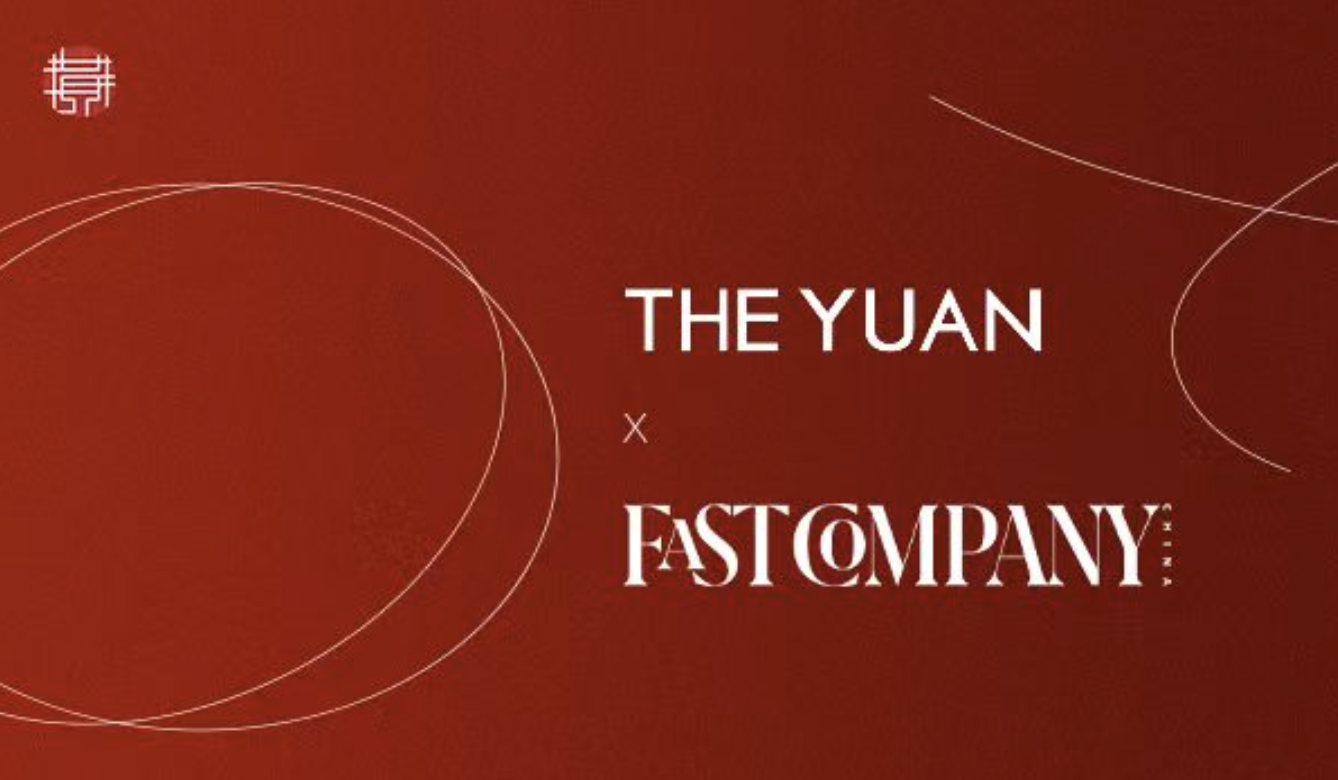


LONDON - Hardly a week goes by without various pioneers in artificial intelligence (AI) issuing dire warnings about the technology that they introduced into the world. I got an early glimpse of this emerging pessimistic consensus a couple of months ago at a dinner with some AI experts who suggested that millions of relatively sophisticated, high-paying jobs could be at risk. I came away asking if this bleak outlook is really justified.
There is plenty of reason to think it might not be. Since the start of my professional life in the 1980s - and of course for much longer before that - technological progress has repeatedly been held up as a major threat to jobs in key industries such as automobile manufacturing. Yet until the Brexit debacle, the United Kingdom was producing more vehicles than it did in the supposed heyday of the auto industry, owing to the role of sophisticated new technologies in boosting leading producers’ core businesses. Nissan currently operates one of the most productive auto plants in the world at Sunderland, a port city in northeastern England.
Despite German autoworkers commanding relatively higher nominal wages, the country’s carmakers have likewise managed to adapt and thrive for decades, competing globally and helping to satisfy a growing global middle class’s demand for high-quality performance vehicles. While it is true that German auto companies are facing their biggest challenge yet with the global transition to electric vehicles, and that the slowdown in China implies weaker growth in the short term, if the past is any guide, the industry will adapt and emerge even stronger in the futu
The content herein is subject to copyright by Project Syndicate. All rights reserved. The content of the services is owned or licensed to The Yuan. The copying or storing of any content for anything other than personal use is expressly prohibited without prior written permission from The Yuan, or the copyright holder identified in the copyright notice contained in the content. Continue with Linkedin
Continue with Linkedin
 Continue with Google
Continue with Google









 1136 views
1136 views








